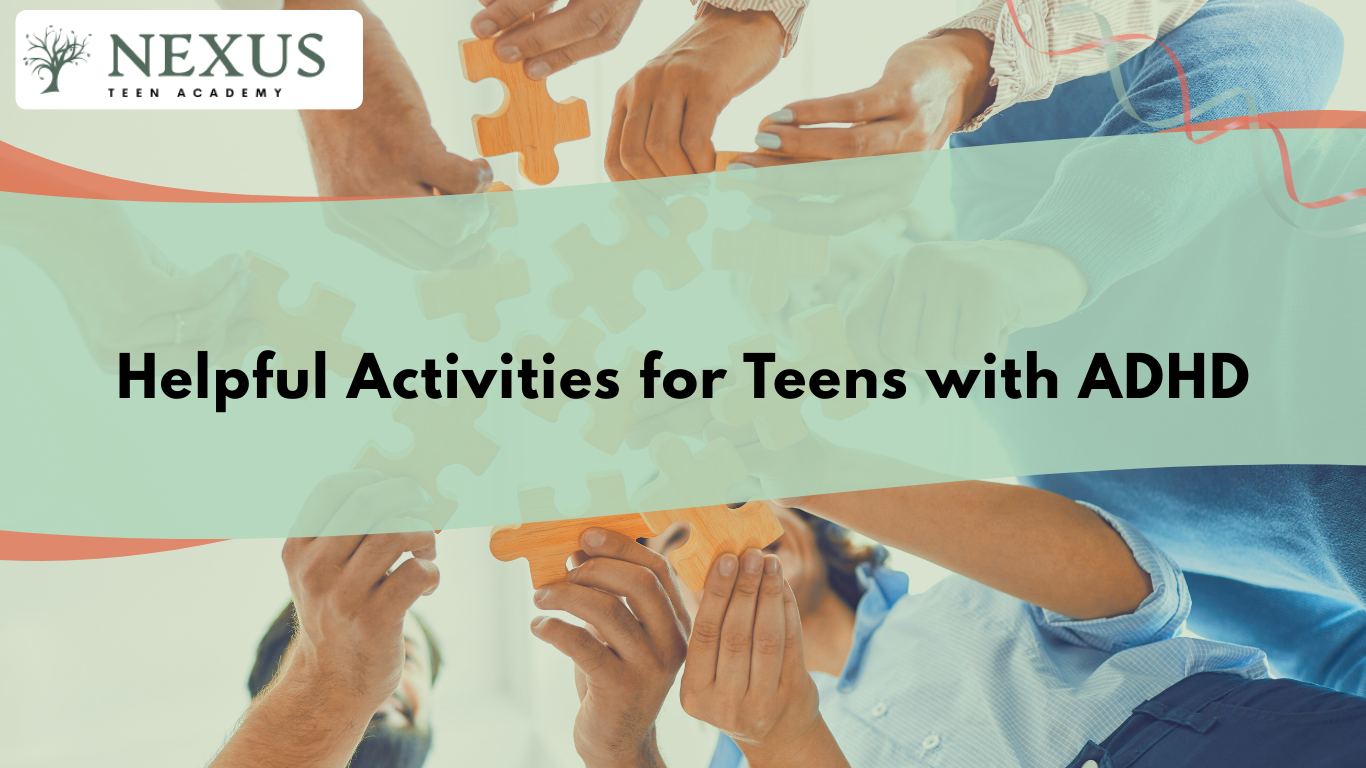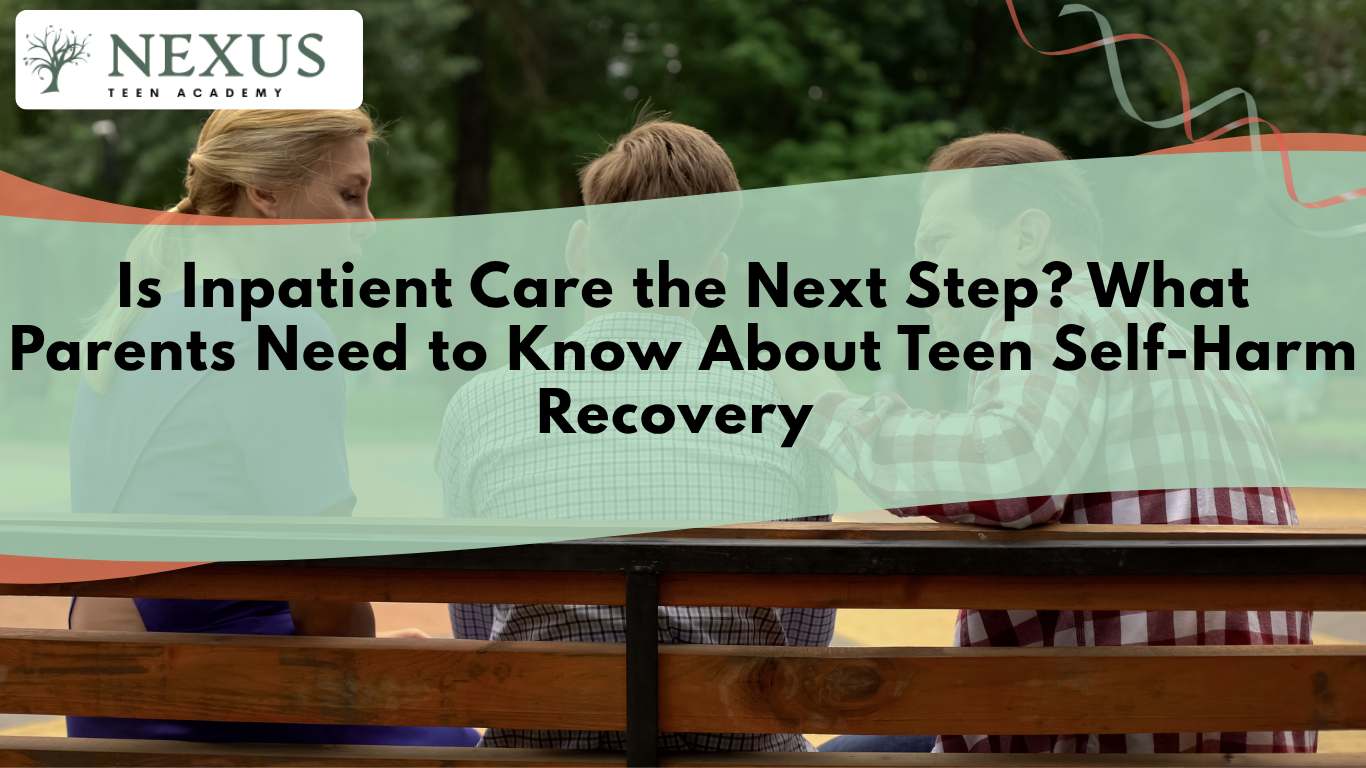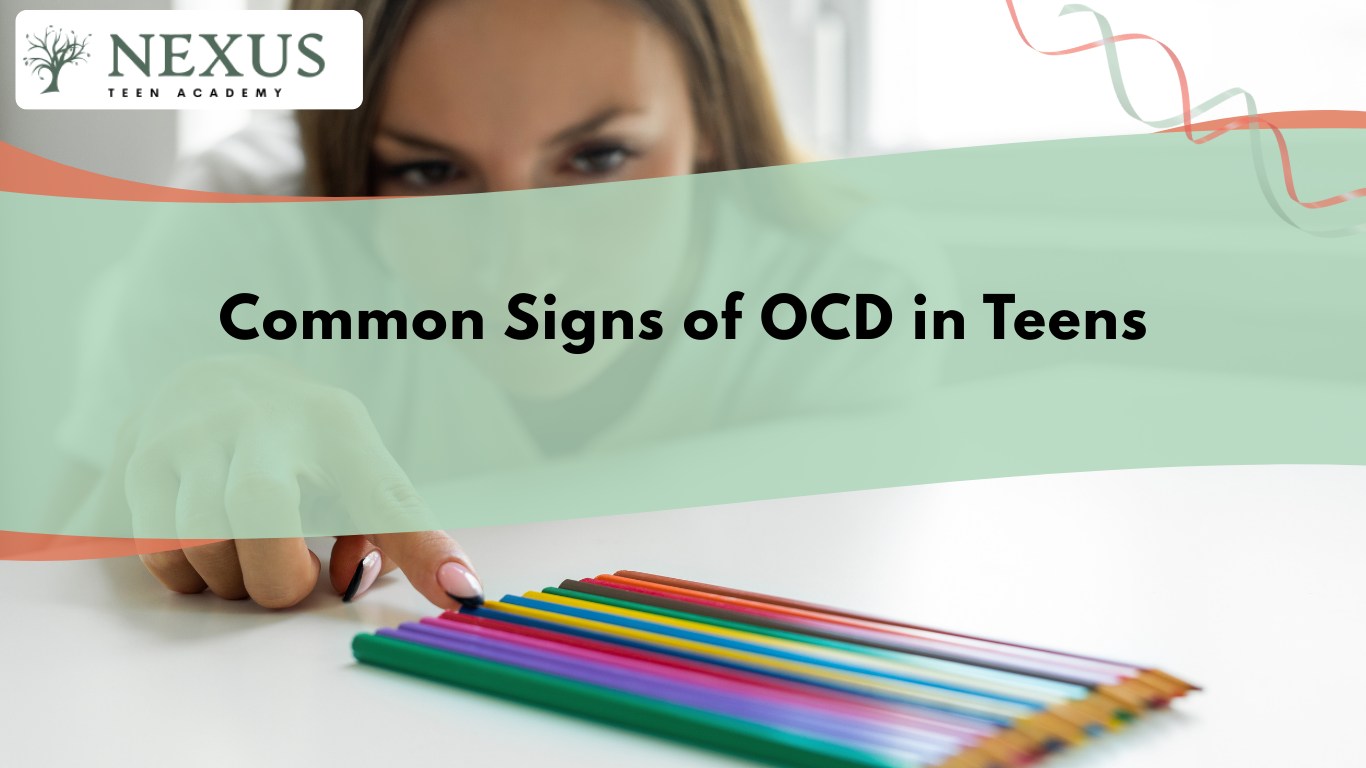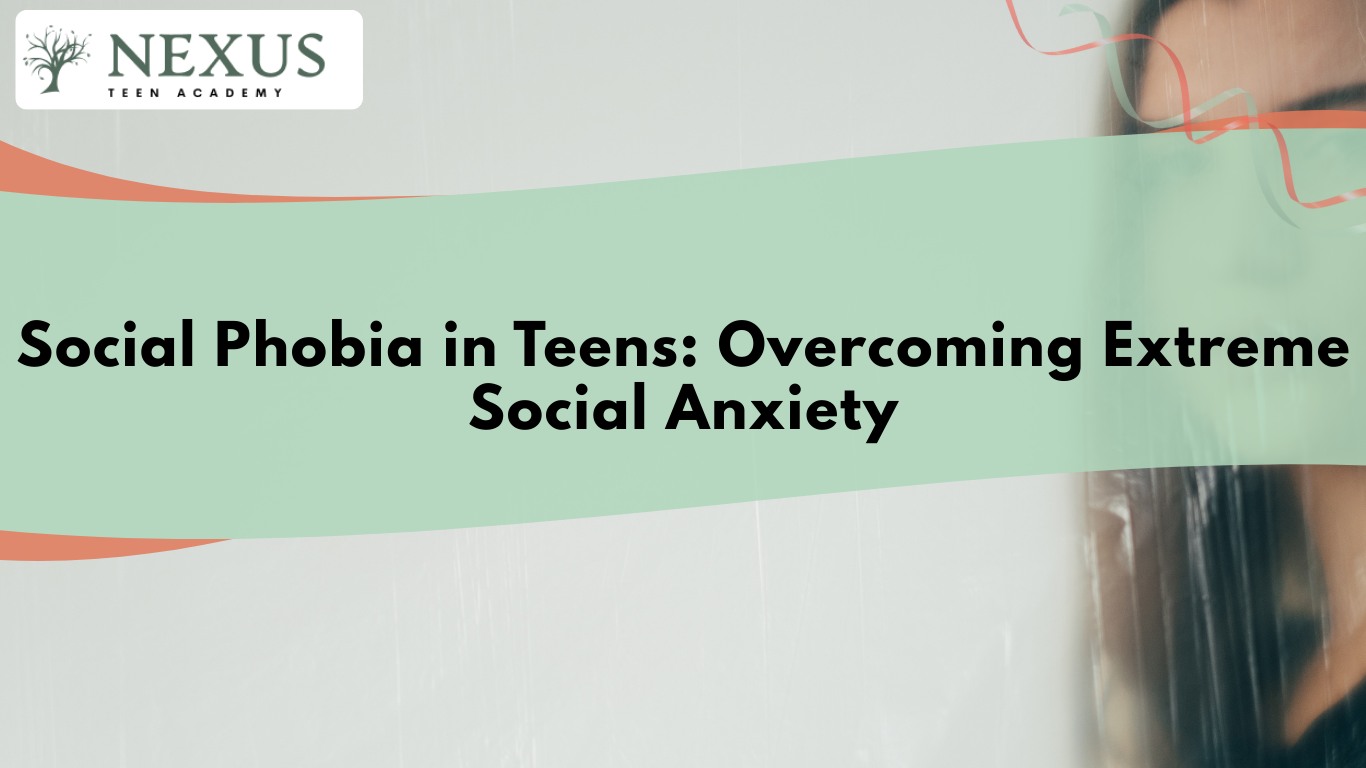Adolescence, coupled with the demanding nature of attention-deficit/ hyperactivity disorder (ADHD), can easily overwhelm teens. The disorder complicates everyday tasks by impairing cognitive functions like organization, focus, and emotional regulation. Thankfully, helpful activities such as sports, journaling, visual scheduling, and mindfulness can improve concentration, build self-esteem, and offer positive energy outlets for teens with ADHD. However, …
More-
Is Inpatient Care Needed for Teen Self-Harm? What Parents Need to Know About Teen Self-Harm Recovery
According to the Centers for Disease Control and Prevention (CDC), nearly 18 percent of U.S. high school students have engaged in self-harming behavior without suicidal intent. These acts are not attention-seeking. They are often silent, secret, and done in response to overwhelming emotional pain. When parents discover their teen is self-harming, it brings shock, fear, confusion, and …
More -
Teen Phone Addiction Statistics 2025: What the Numbers Reveal About Our Digital Habits
In 2025, the average person spends over 4.6 hours daily on their phone. That is nearly 1,700 hours a year, or almost three full months lost to scrolling, tapping, and checking notifications. These are not just harmless habits. They are signs of digital dependency affecting sleep, focus, emotions, and relationships. So, what do the numbers really say about teen phone …
More -
Common Signs of OCD in Teens
Teen obsessive-compulsive disorder (OCD) has become more prevalent in the last few decades. It is used by many teenagers to mean that they like their things to be neat and orderly. While orderliness and cleanliness can be common signs of OCD in teens, this condition is much more serious. Teen OCD is a lifelong mental …
More -
Social Phobia in Teens: Overcoming Extreme Social Anxiety
Teen social phobia is a serious problem that can make it nerve-racking to do normal day-to-day tasks or affect social activities like a date or a presentation in class. During adolescence, teenagers are more sensitive to embarrassment and shame. They are afraid of being perceived negatively or being judged for their actions. As a result, …
More





